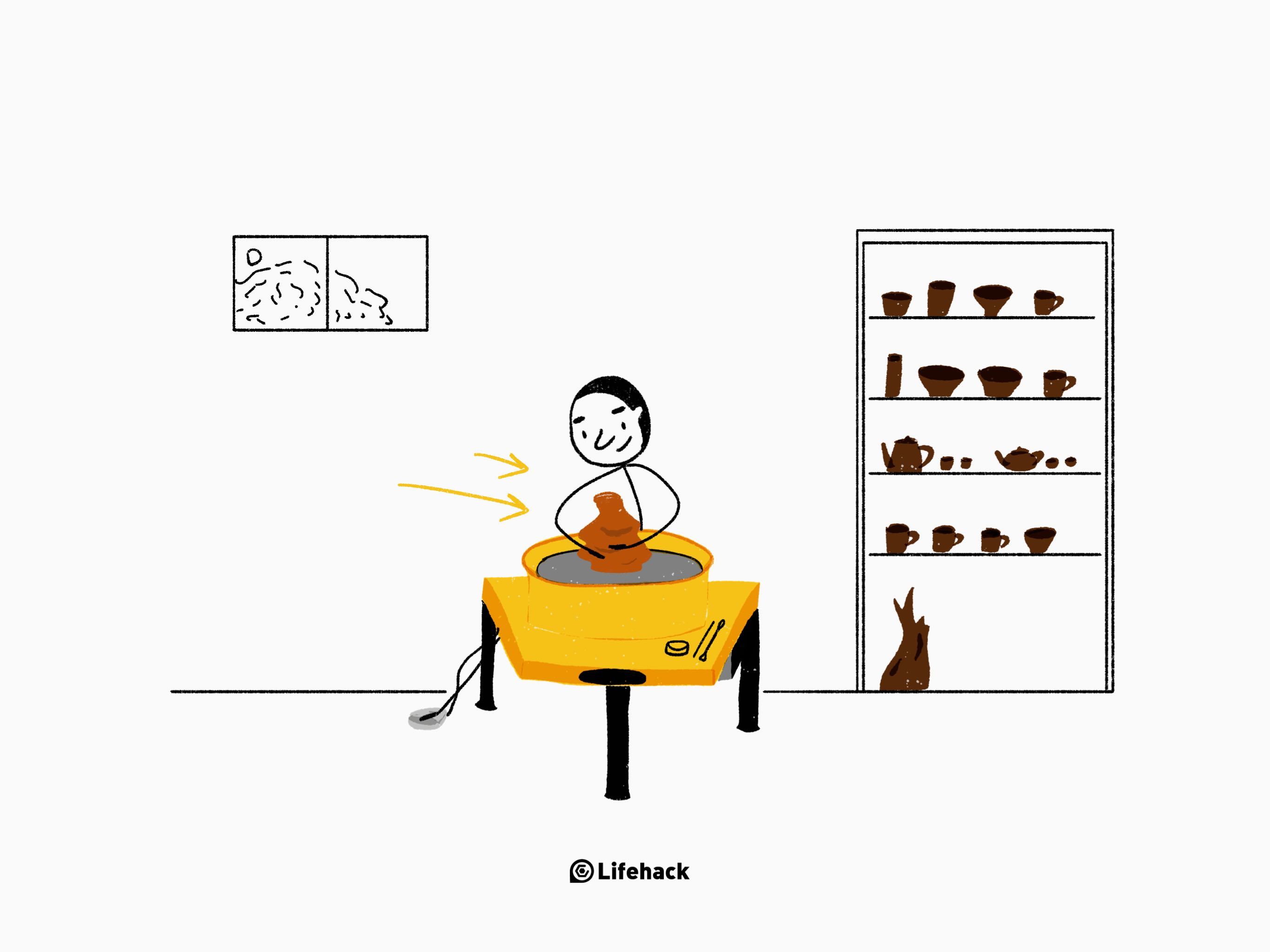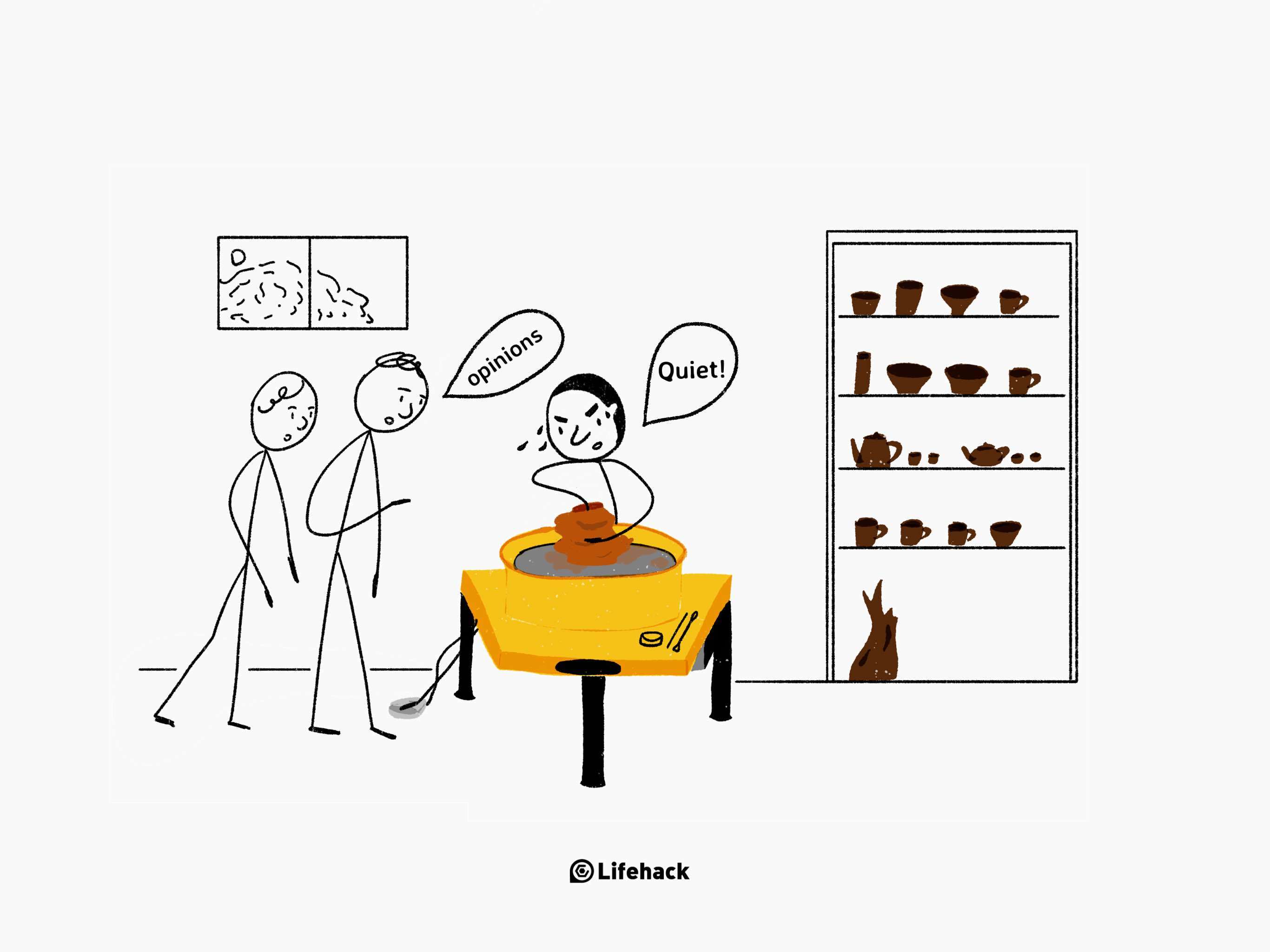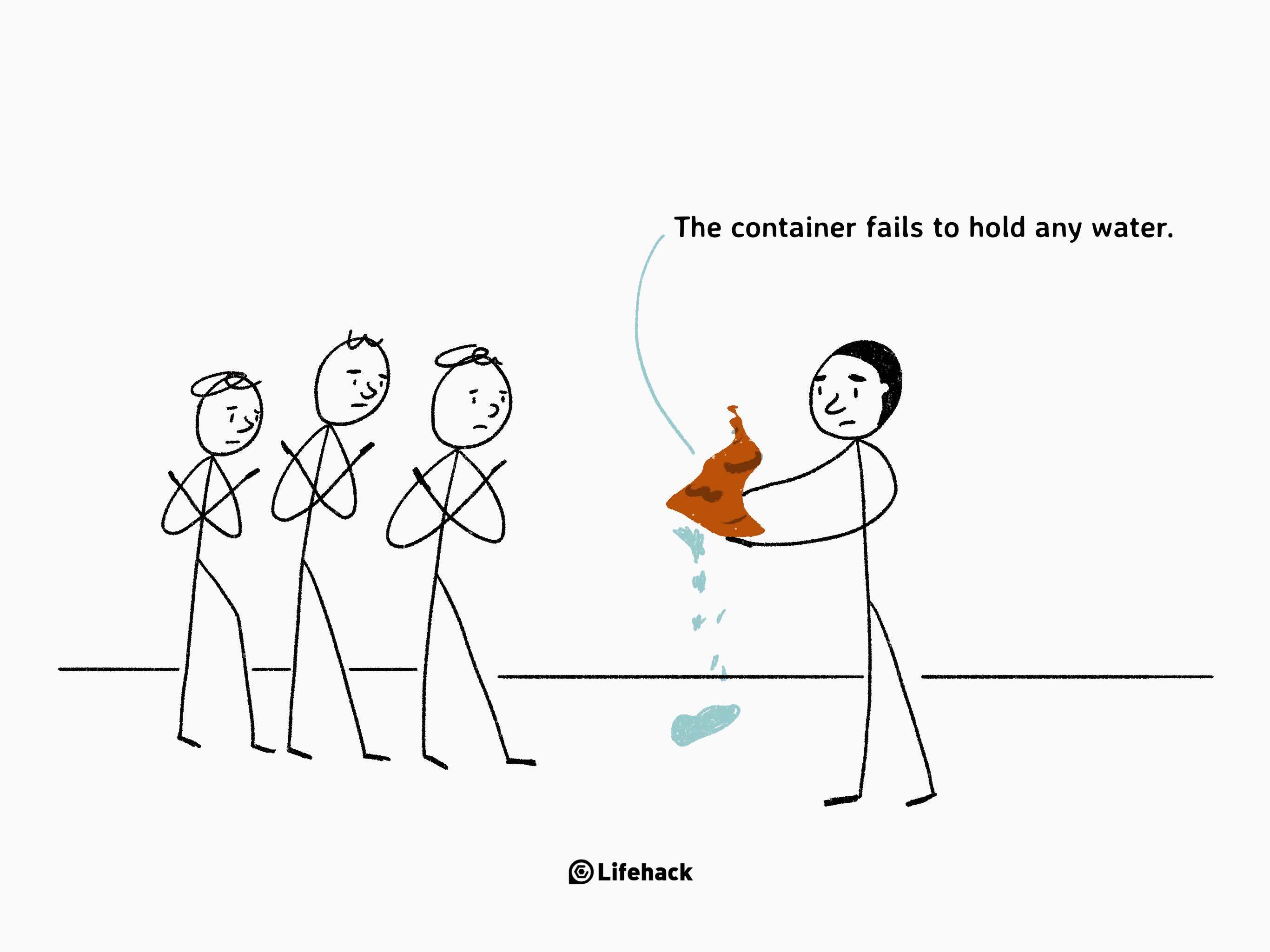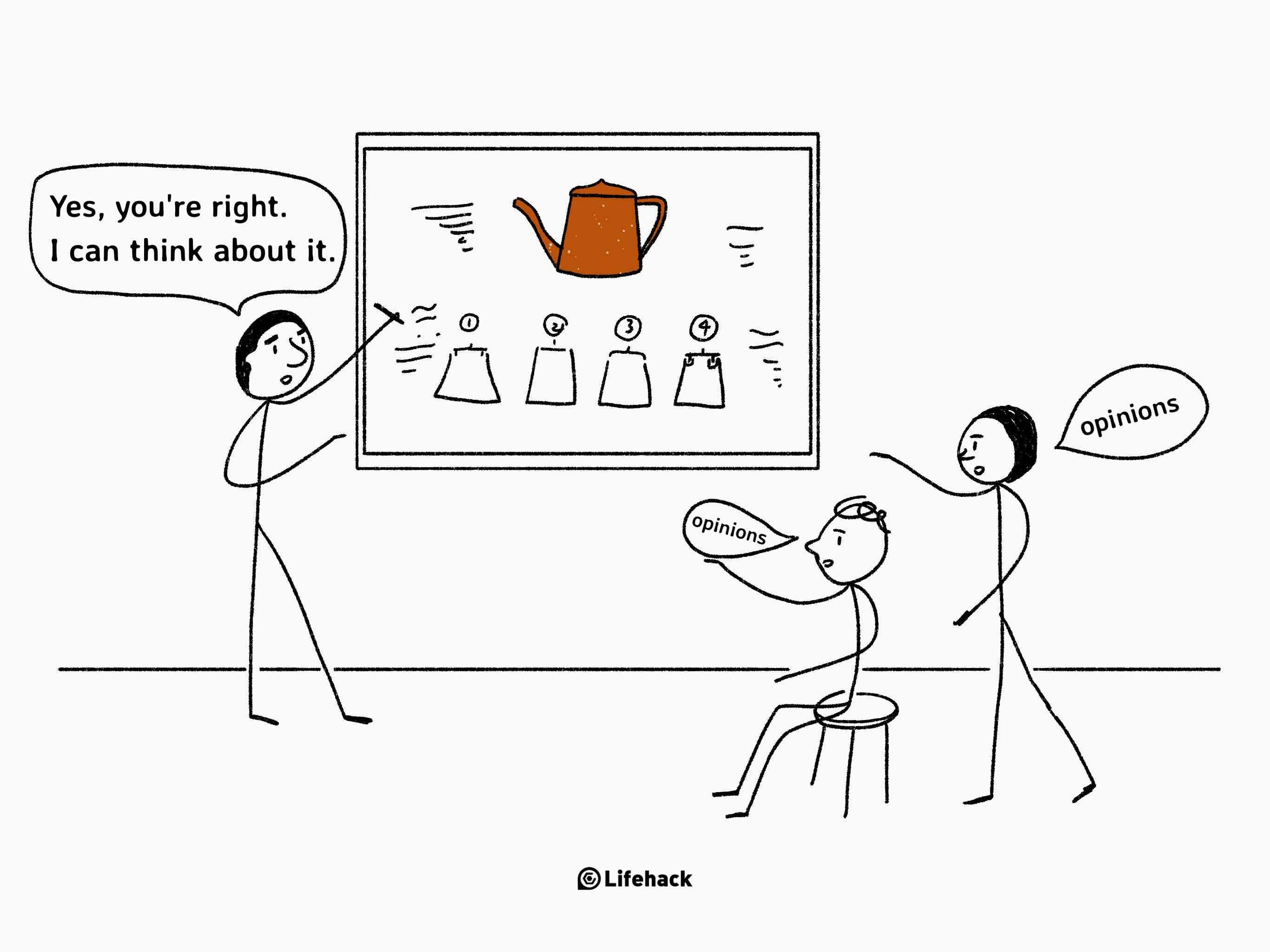Have you ever made a mistake that could have been avoided if only you’d listened to someone else? We’ve all done it. Even large corporations mess up from time to time.
Take the cautionary tale of Facebook Home. Launched in April 2013, Facebook Home was billed as an application that would change the “look and feel” of a user’s phone. Specifically, it was designed as an app that would transform a user’s default phone screen into a Facebook wrapper. The idea was that users would be able to interact with Facebook any time without having to log in to an app.[1]
Unfortunately, the app’s creators didn’t recognise that Android phones make extensive use of folders, widgets, and other components that the Facebook team overlooked.
On the face of it, this seems surprising. You’d be forgiven for thinking that Facebook would have the technical knowledge required to build an app that works for Android. Yet, according to one theory, the team made an embarrassing error that proved to be their undoing. They focused on what would work for devices running iOS, not Android, simply because the team personally used iPhones.[2] Their perception was skewed in one direction only, meaning they overlooked the needs of many customers.
Getting feedback isn’t always fun, but is vital
What could have averted the Facebook Home calamity? Two things would have made all the difference. First, regular testing across iOS and Android systems would have identified problems. Second, Facebook should have collected customer feedback as they developed the app.
However, humans often have an innate aversion to criticism. We don’t like to be wrong, and even if criticism is constructive, we can experience it as a personal attack. In fact, our fear of criticism can lead us to blame external forces and other people for our mistakes. In other words, we make external attributions. We would rather blame luck, other people’s errors, and circumstances beyond our control rather than face the fact that we have made a mistake.
In some cases, people become so closed off to outside input that they no longer consider anyone else’s perspective. This often happens to leaders who have already enjoyed a degree of success, and have become overconfident as a result. Their power means that they can shut everyone else down, and fire people who don’t agree with their opinions and decisions. They reject other people’s feedback, and refuse to take criticism on board. This trap is called the Hubris Trap. It may be the biggest, most dangerous obstacle to effective leadership. [3]
The cost of avoiding criticism
Someone who avoids criticism because they want to maintain their self-image as someone who is right risks stunting their personal and professional growth. When we deny personal responsibility and instead blame external factors for our failures, we are letting ourselves off the hook. If you don’t believe that your success lies within your own hands, you won’t be so inclined to put in the effort required to make your projects successful.
If you don’t seek out criticism and feedback, your product or service is at risk of failure. Even if the product is of high quality, it will never be profitable if no one wants to buy it. It is possible to spend months or years developing a new product, only to see it flop because it has no audience. The consequences can be disastrous.
Take Facebook Home as an example. Originally, Facebook had planned to charge users $99 for a two-year subscription, but due to a lack of demand, this price dropped to just $0.99 within a few weeks of its release. The company also had to restructure their company. In short, the Facebook Home team made a mistake that cost the company a considerable amount of money and effort.[4]
Take criticism like an expert
Truly successful people know how to accept criticism without taking it as a personal attack. Their self-confidence means that they are comfortable evaluating feedback from others, and deciding whether to act on it. They do this without falling into the trap of assuming that a single negative experience or failure means that they themselves are beyond redemption.
Get used to anticipating negative feedback
There will always be someone out there who doesn’t like your work or your approach. The sooner you can get used to the idea that everyone is subjected to criticism and that it’s possible to be criticised and keep your self-esteem intact at the same time, the happier you will be. It’s OK to fail! Give yourself permission to get things wrong every now and then.
Keeping your ego in check is difficult, but taking an objective look at a piece of criticism or feedback will benefit you in the long run. After all, how will you know where to begin improving yourself or your work otherwise? If you think about it, criticism is useful because it gives you actionable points. For example, “You did so well!” is less helpful than “Your presentation was good, but your speaking voice was a little too high.”
Be aware though, some criticism is unhelpful. Check out this guide to help you decide whether someone’s feedback is sensible.
Get feedback quickly
You should aim to get feedback on your work and ideas as soon as possible. The sooner you get feedback, the sooner you can put things right! The Facebook Home team received feedback, but only after the product was launched. By then, it was too late. Just think of how much money, time and embarrassment they could have saved if they had asked their audience to trial the product before launching it.
There isn’t a successful person alive who hasn’t been on the receiving end of criticism at some point. If you are going to commit yourself to a project or business venture, you need to be prepared for negative feedback. However, as long as you know how to accept it, criticism needn’t hold you back. In fact, it can be the best gift you ever get!
Reference
| [1] | ^ | Business Insider: Facebook Home Is A Flop |
| [2] | ^ | Business Insider: Facebook’s New Mobile Product Is A Huge Flop Because It Was Built By iPhone Users |
| [3] | ^ | Leon Ho: A Trap That Successful People Will Fall Into and Instantly Become Losers |
| [4] | ^ | Business Insider UK: 24 of the biggest failed products from the world’s biggest companies |

















































